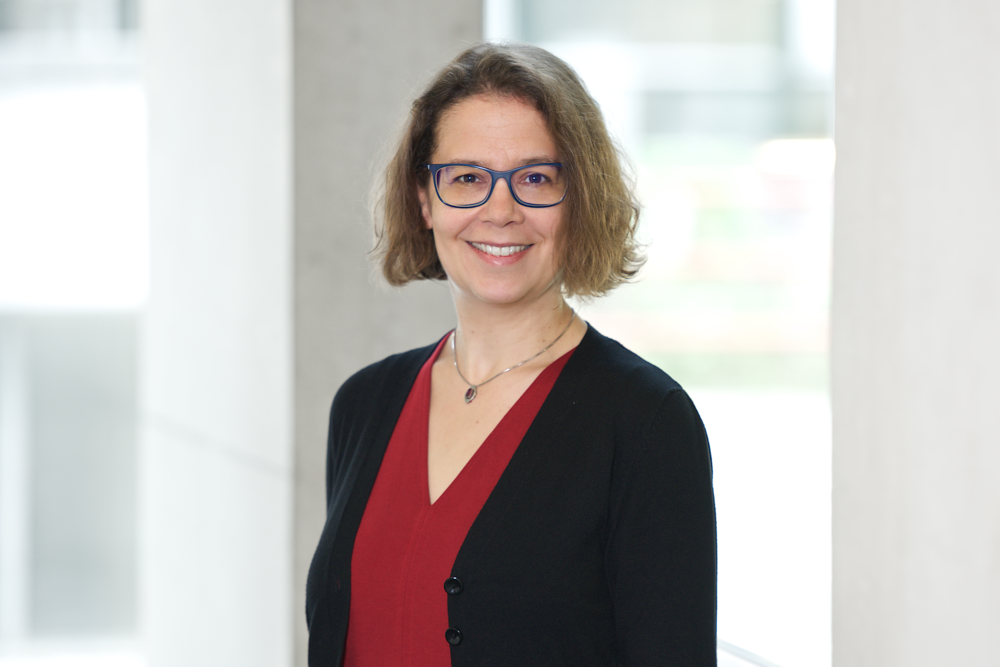By Professor Christine Peter, Vice Rector for Sustainability, Information and Communication Technology of University of Konstanz
Dear Members of the YERUN Community
As we approach the end of the year, I would like to extend my warmest greetings to all of you.
While I am writing these words, the 28th COP Climate Summit is under way – aiming to agree on policies that help vulnerable communities adapt to the impacts of climate change and keep alive the goal of limiting the long-term global temperature increase to 1.5 degrees Celsius. Yet, the window for meeting this limit is closing fast: The UN Environment Programme’s Emissions Gap Report 2023 estimates that the current pledges under the Paris Agreement – assuming they will all be kept – put the world on track for an increase of at least 2.5 degrees Celsius, instead.
It is therefore more important than ever that we raise our ambitions and that we, as universities, are aware of our own responsibilities and lead by example when it comes to sustainability – not only in research, but also in teaching, administration and at the institutional level. In light of this, the past year has been significant for the University of Konstanz in many ways, but especially in terms of our ongoing efforts towards sustainability. We have dedicated ourselves to exploring how we can contribute to a sustainable and environmentally friendly campus and – thanks to our collective efforts in this regard – have made substantial progress.
A university-wide team effort
On its way to climate neutrality, the University of Konstanz has defined sustainability and a variety of climate protection measures as key objectives in its institutional strategy. In dealing with the energy crisis, the joint efforts of all the university’s departments and units have resulted in remarkable savings in both gas and electricity consumption. In the coming year, we will begin the transition to a sustainable heat supply and the installation of photovoltaic systems on all available roofs of the university. What is more, with our researchers we have launched several projects and initiatives to make our campus more environmentally friendly, such as the EFFEKTIVA project on sustainable building use, funded by the Klimaschutzstiftung Baden-Württemberg, and projects on how to work more sustainably in our science laboratories. As a founding member of the Nature Positive Universities Initiative, we have installed beehives and bat boxes on campus and replanted university green spaces with native wild plants to preserve local biodiversity. With our institutional “carbon tax”, we implemented a tool to reduce academic air travel by incentivizing sustainable travel.
Building a more sustainable future requires contributions from research across all disciplines. Konstanz biologist Christian Voolstra coordinated the Tara Pacific expedition, investigating the living conditions and survival of corals in the face of climate change. Mark van Kleunen and his team explore how and why invasive plants spread globally and how this might change as climate change progresses. Examples from outside the field of ecology include projects on sustainable materials chemistry by chemist Stefan Mecking or research on “Climate Inequalities in the Global South: from Perceptions to Protest” by political scientist Gabriele Spilker – to name just a few. At the two-day event “Klima im Wandel” (Climate in Transition) at the Bodenseeforum in the city of Konstanz, our researchers and other invited speakers outlined and discussed the physical, biological and social dimensions of climate change with a public audience.
Through innovative teaching approaches, which we share and discuss with our partners in the “Transformative Skills für Nachhaltigkeit” (transformative skills for sustainability) network, and our interdisciplinary sustainability programme “qualification N”, we ensure that our students are equipped with a strong awareness of global challenges and sustainable solutions. These efforts were recently rewarded with the National ESD Award (Education for Sustainable Development) from the German Federal Ministry of Education and Research and the German Commission for UNESCO.
What is even more rewarding for us is to see that our students are living up to this expectation. In November 2023, for example, the student-initiated Public Sustainability Week took place in Konstanz. The students’ commitment to sustainability is also evident in the achievements of the student-run Green Office. The Green Office is directly involved in the development and implementation of sustainability measures, such as “qualification N”, and hosts its own award-winning podcast on sustainability topics: the “Grüne Lupe Konstanz” (in German).
Achieving greater progress through international cooperation
The successes we have achieved this year are the result of a dedicated community of students, faculty and staff committed to building a sustainable future, and I would like to express my sincere appreciation to all those involved. Of course, climate protection and sustainability in general cannot be achieved by individual actions or institutions. It requires joint global efforts and cooperation. This is why the University of Konstanz is also working on various joint sustainability initiatives with its international partners – in networks such as YERUN, ERUA and, since November 2023, the European University for Well-Being (EUniWell).
I would therefore also like to thank our international partners, and especially the YERUN community, for the excellent cooperation in numerous working groups, such as the SDG ad hoc group, which is currently planning a PhD winter school at the University of Limerick for the upcoming winter term. I am looking forward to the projects and challenges that await us in the coming year. In this spirit, I wish you all a joyous holiday season, a restful transition into the New Year, and look forward to continued collaboration in the coming year.










